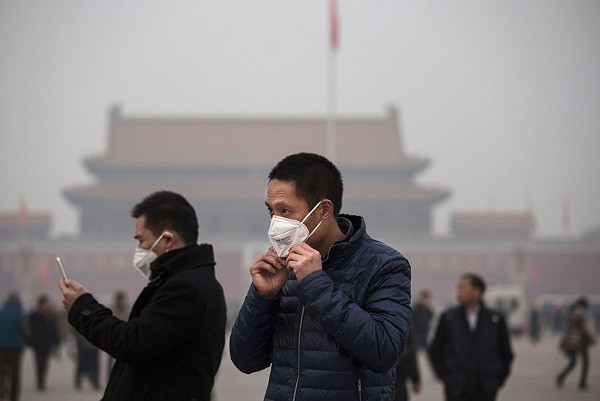Swedish scientists disputed claims from some Chinese media that Beijing's smog will infect residents with antibiotic-resistance genes (ARG) that will make them unresponsive to medicines.
According to Joakim Larsson, director of University of Gothenburg's Centre for Antibiotic Resistance Research, studies remain unsure whether people who were exposed to the Beijing smog will be infected with ARG, which could only happen if the gene is living in some bacteria, if it is pathogenic, and if it is in sufficient amounts.
The scientists have identified the bacterial genes that may cause antibiotic resistance. Based on 864 DNA samples taken from humans, animals and environments worldwide, Larsson's team found that Beijing's smog contains the most number and kinds of genes identical to the ARG.
The group published its findings in Microbiome Magazine in October.
The smog contains around 99 percent particulate matters, including black charcoal and nitrate.
A research fellow of the Chinese Academy of Sciences' Institute of Atmospheric Physics, Wang Gengchen, noted that the micro-organisms have a very limited impact on people in the short run as they simply adhere to particulate matters.
The Beijing Municipal Commission of Health and Family Planning also had the same perception that the genes are harmless, with some of them even benefiting the human body.



























